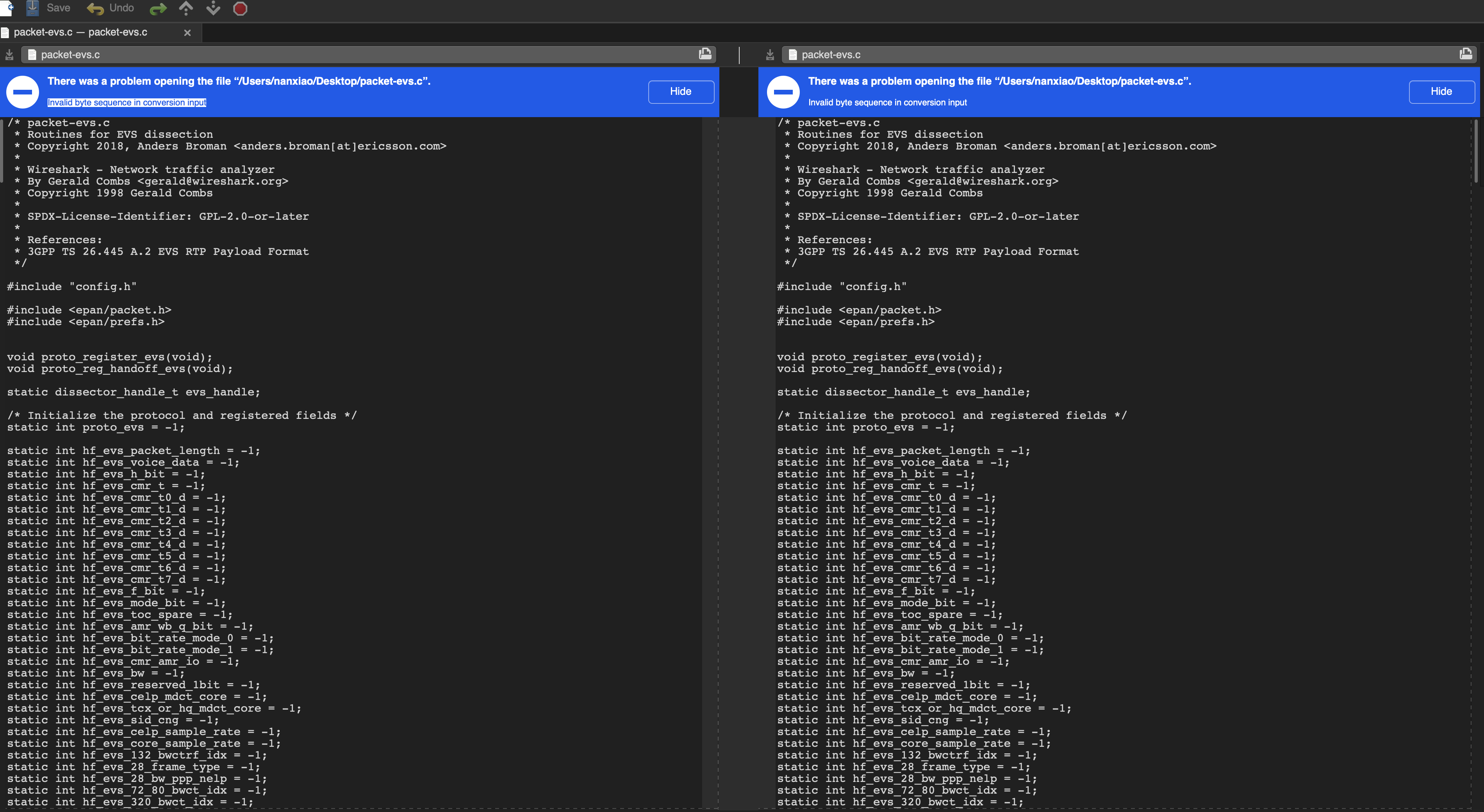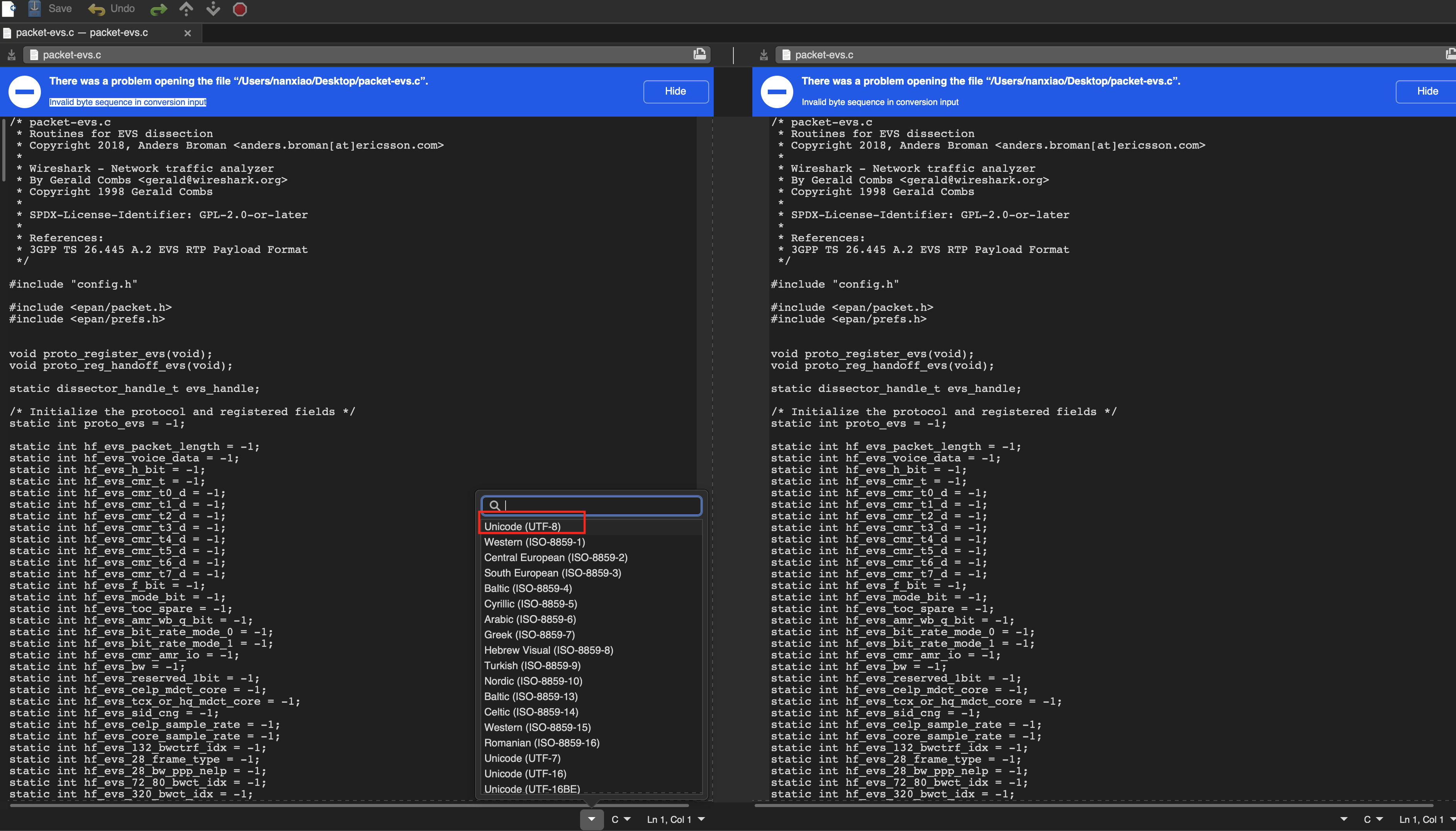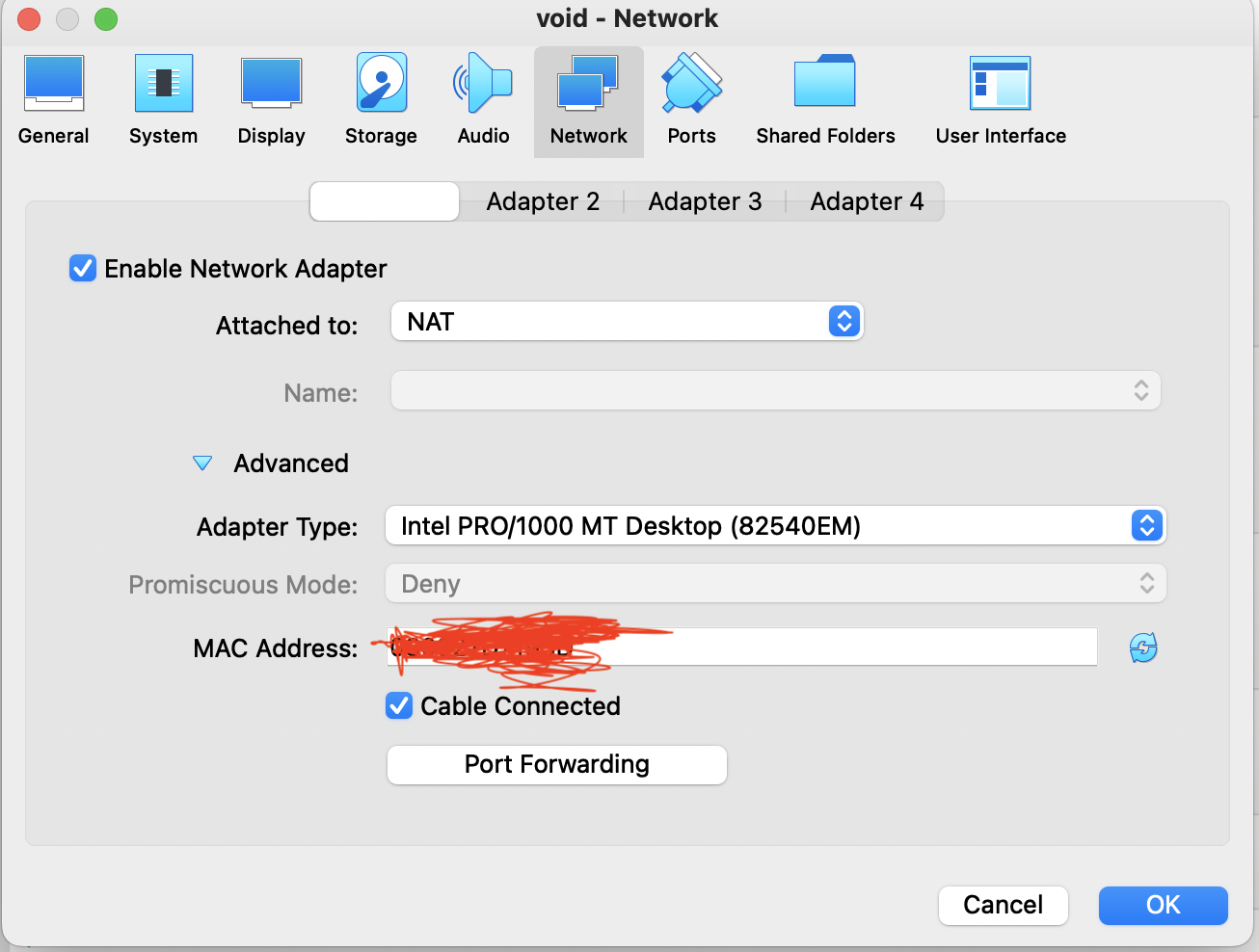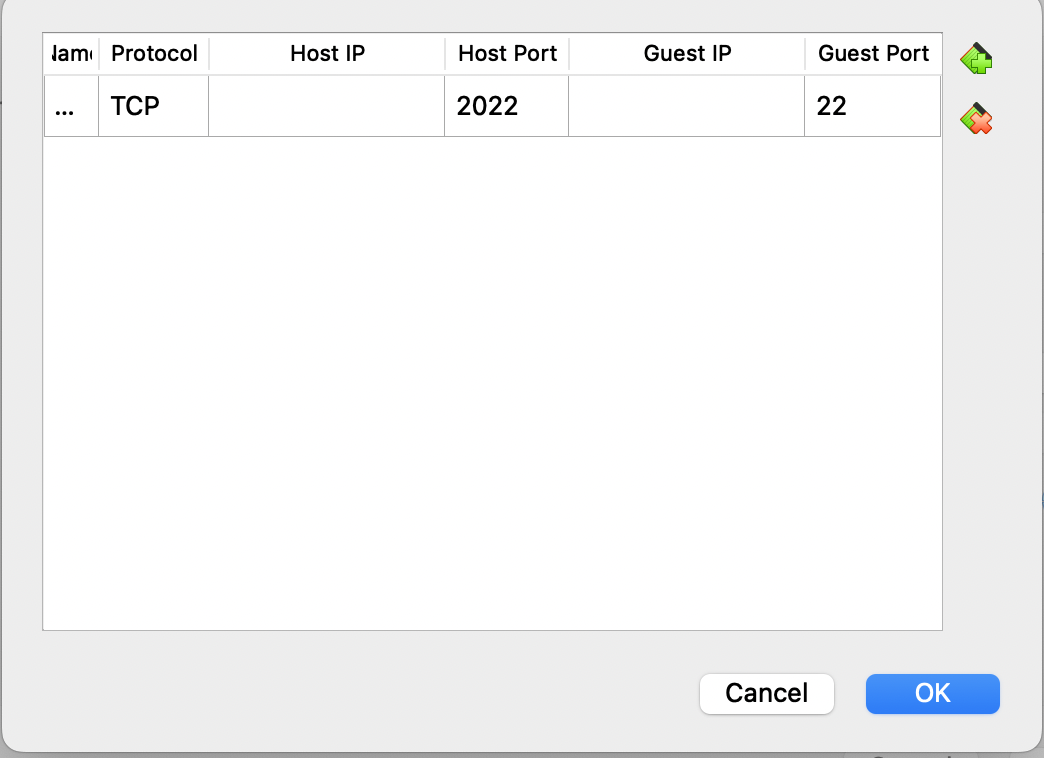I graduated from school in 2008, and my first job is an embedded software engineer. After working for more than 2 years, I joined in another traditional telecommunication company (let me use A to stand for it). Fast forward to 2014, the business of A company seemed stagnated for a while: more and more people began to use OTT applications from the second decade of 21th century, and it was a big hurt to telecommunication companies like A. Though I still had salary increase every year, the amount can be ignored. But the good thing is A company has good work-life-balance culture. Besides that, my daily work is:
a) Add new trivial features for one system which is written in C and run on Solaris 10.
b) Answer technical questions which support engineers don’t know about.
Since I had been very familiar with the stuff I was in charge of, I knew I could not absorb new knowledge from A company, so I did following things to improve myself in 2014:
(1) Read English technical articles.
Yes, before 2014, I had mostly used Chinese key words to search related technical posts and read them. After switching to English, I am exposed to another world which has plentiful resource for me to explore.
(2) Write English blog.
I realised that if I just write Chinese articles, only the people who know Chinese can understand them. But if I record my thoughts in English, the people around the world can read them. Believe it or not, my current employer even referred one of my blog post before I became its employee.
(3) Learn git.
A company still used svn in 2014, and it was enough for our development procedure. But I knew git is the trend. I still remember I read Pro git and practised the commands from the book in a server; Pro git is the best tutorial of git until now.
(4) Study Go.
Go became popular in 2014, and the market for C developer began to shrink. The reason for me to learn Go is simple: hope to secure my future career. I even spent lot of time in trying to run Go on Solaris, but no success. The irony is until this year (2022), I am still a full-time C developer and never got a Go job.
On top of the above things, I also did others: wrote some DTrace tutorials in Chinese, joined some IRC chat rooms to learn English, etc. All in all, I learnt a lot of new things in 2014.
Not every software engineer can work in leading companies which have advanced technologies and did cool things, but everyone can improve himself/herself by self-learning. Hope my story can give others inspiration.



